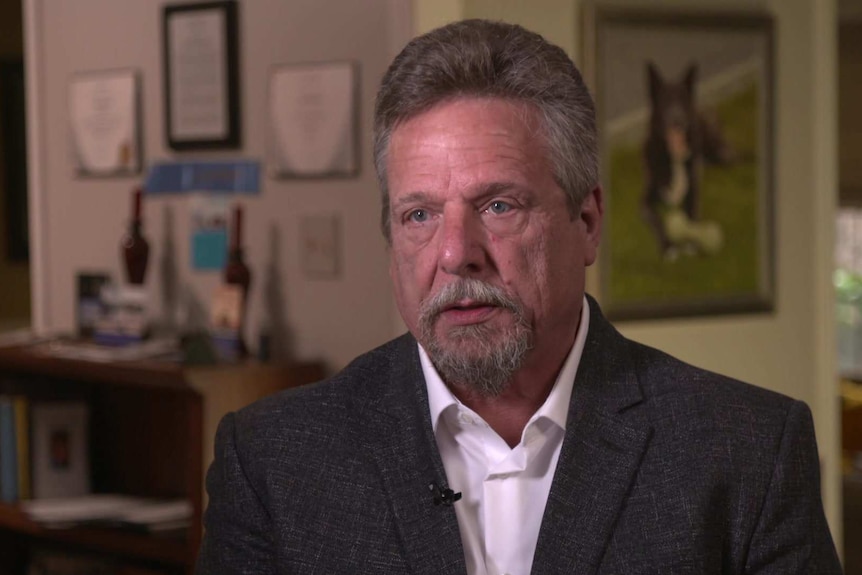In a chilling turn of events that reads like a script out of a thriller, John Barnett, a former Boeing quality control engineer turned whistleblower, seemingly predicted the grim fate that would befall him days before his mysterious death in Charleston.
According to a close family friend, Jennifer, Barnett expressed fears for his life, specifically cautioning against believing any narrative that might frame his death as a suicide.
This revelation casts a shadow over the preliminary conclusions and raises serious questions about the circumstances leading to his untimely demise.
John Barnett, who bravely came forward with allegations of serious safety lapses at Boeing, particularly concerning the 787 Dreamliner jets, was found dead in his pickup truck in a hotel parking lot in Charleston, South Carolina.
This tragic event occurred on the morning he was scheduled to conclude his private testimony in a lawsuit against the aerospace giant.
The circumstances surrounding his death, initially labeled as a suicide by local authorities, now seem potentially more nefarious with this new information coming to light.
Barnett’s dire premonition to Jennifer not to believe any claims of his suicide if anything were to happen to him adds a complex layer to an already complicated case.
It highlights the profound sense of danger Barnett felt, fearing retribution for his actions as a whistleblower.
This sentiment is echoed by Boeing workers and members of the community who were shaken by the news of his death, with many expressing skepticism regarding the official explanation.
The implications of Barnett’s warning are profound, suggesting a potential motive to silence him, possibly due to the sensitive and damaging nature of his allegations against Boeing.
His concerns about safety flaws he claimed to have detected within the company were not minor grievances but significant accusations that, if proven true, could have far-reaching consequences for Boeing’s reputation and financial standing.
In light of these developments, there’s a growing call for a more thorough and transparent investigation into Barnett’s death.
The discrepancies in the police report, such as the time of his last sighting alive and the presence of a supposed suicide note whose contents remain undisclosed, only serve to deepen the mystery.
Furthermore, the expert opinion that a gun remaining in the hand of a person who has died by suicide is relatively uncommon further challenges the initial conclusion.
This case underscores the critical need for robust protections for whistleblowers who risk everything to expose wrongdoing and safeguard the public.
It also calls into question the measures in place to ensure their safety from potential retaliation.
As the investigation continues, one thing becomes increasingly clear: John Barnett’s death is more than a personal tragedy; it is a stark reminder of the dangers faced by those who dare to speak truth to power.
The aviation industry, and indeed all sectors where safety and integrity are paramount, must take this moment to reflect on the importance of fostering an environment where whistleblowers are protected, not persecuted.
John Barnett’s prediction, made in the shadow of fear, demands nothing less than our collective attention and action to seek the truth and ensure justice is served.



